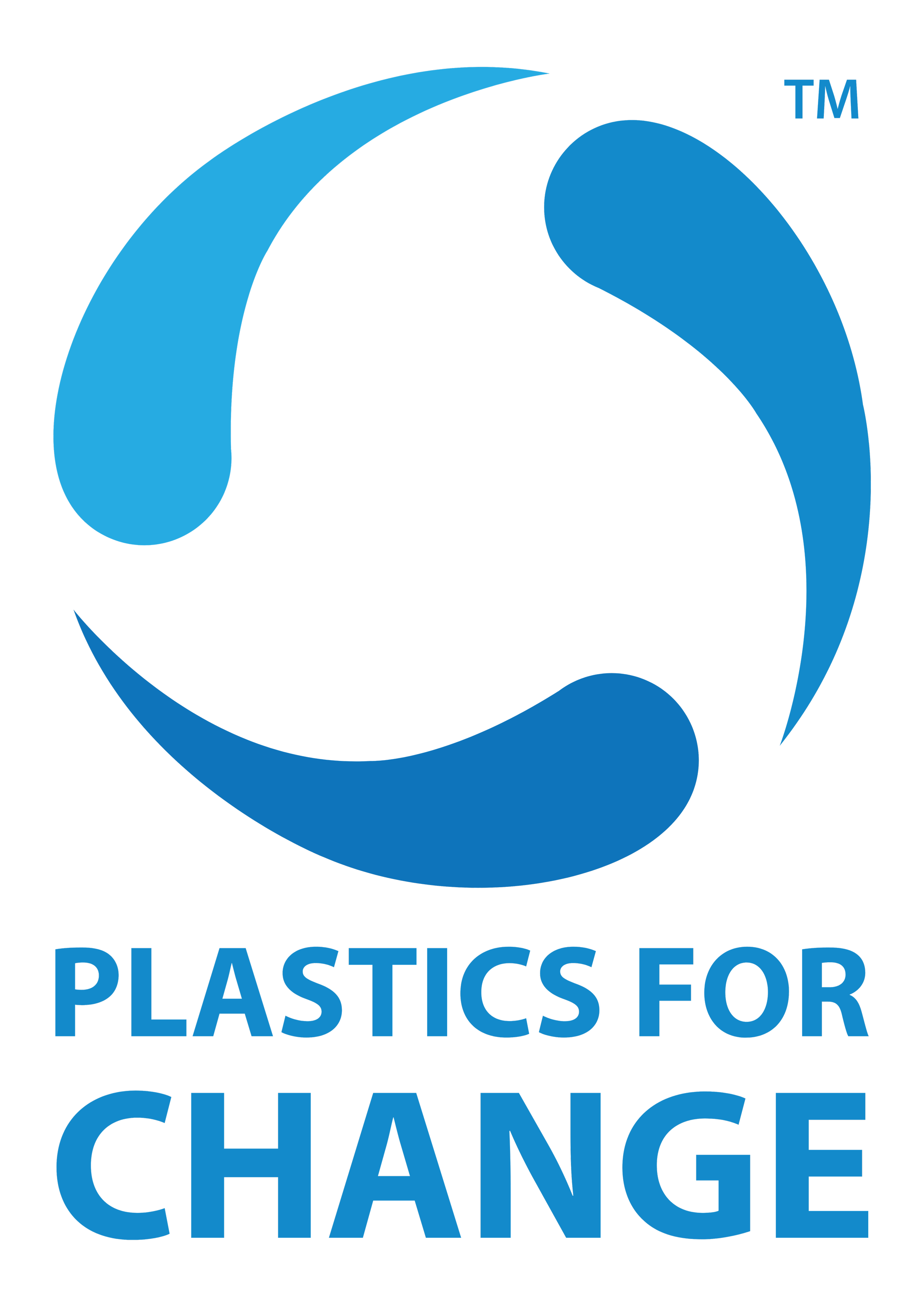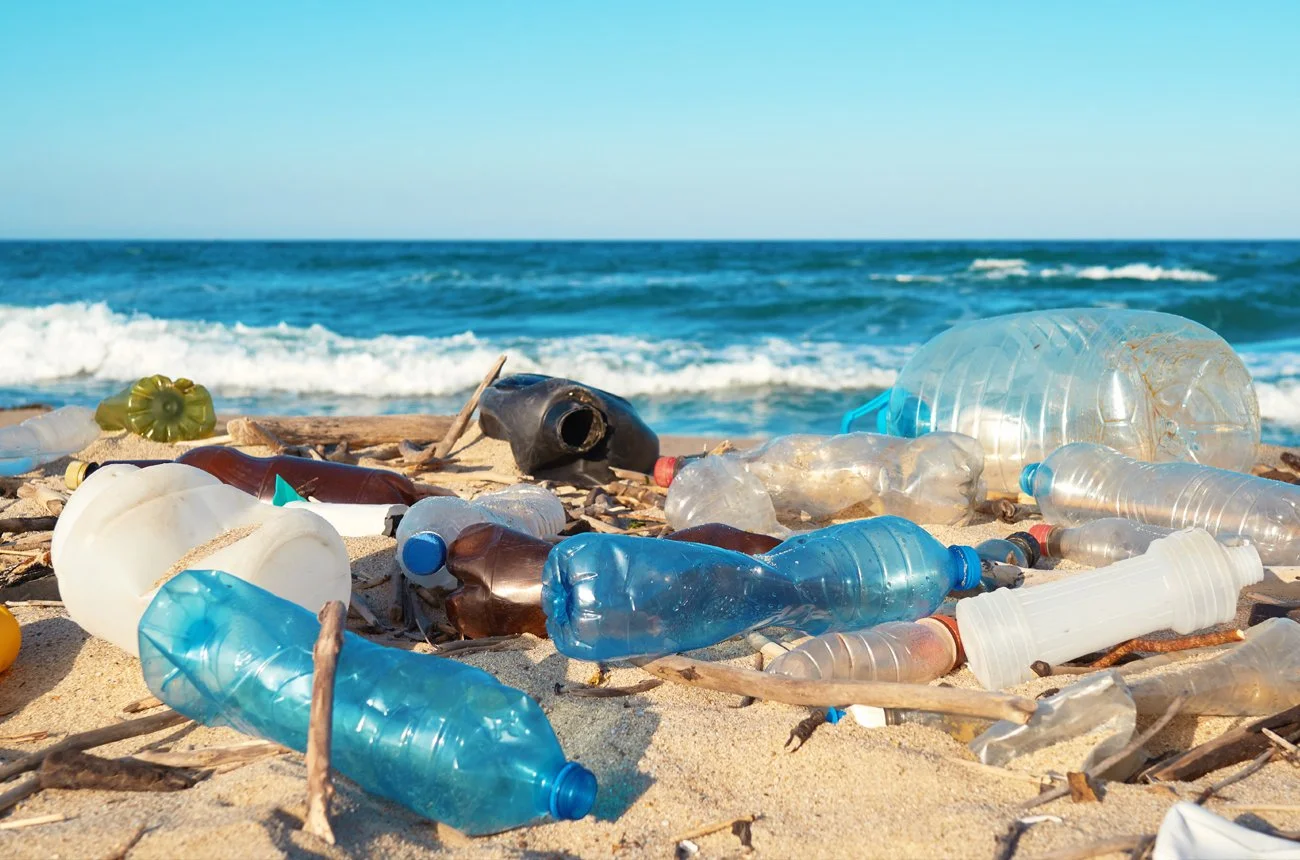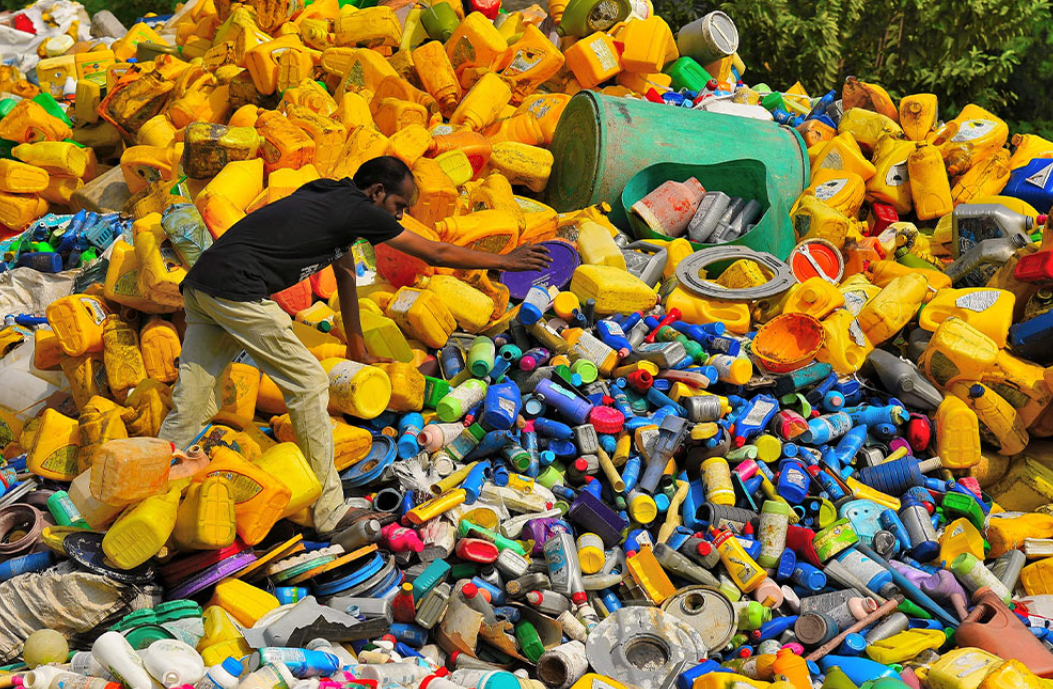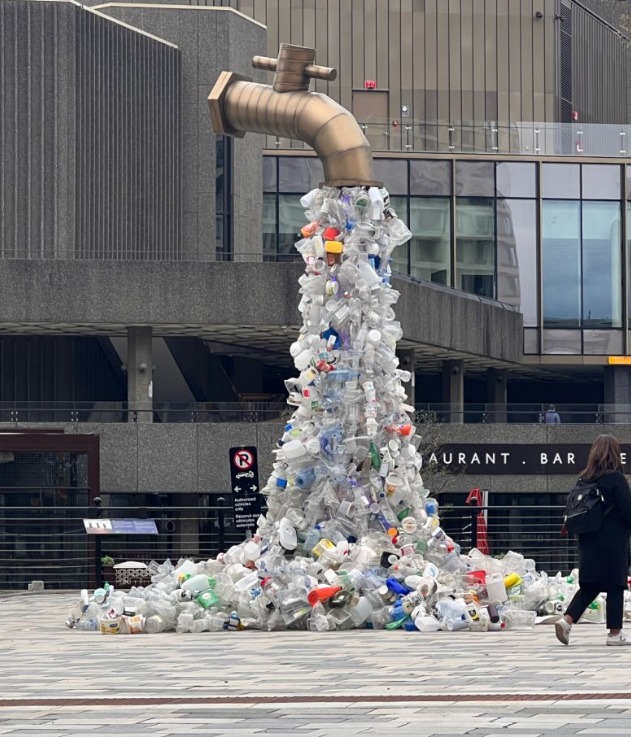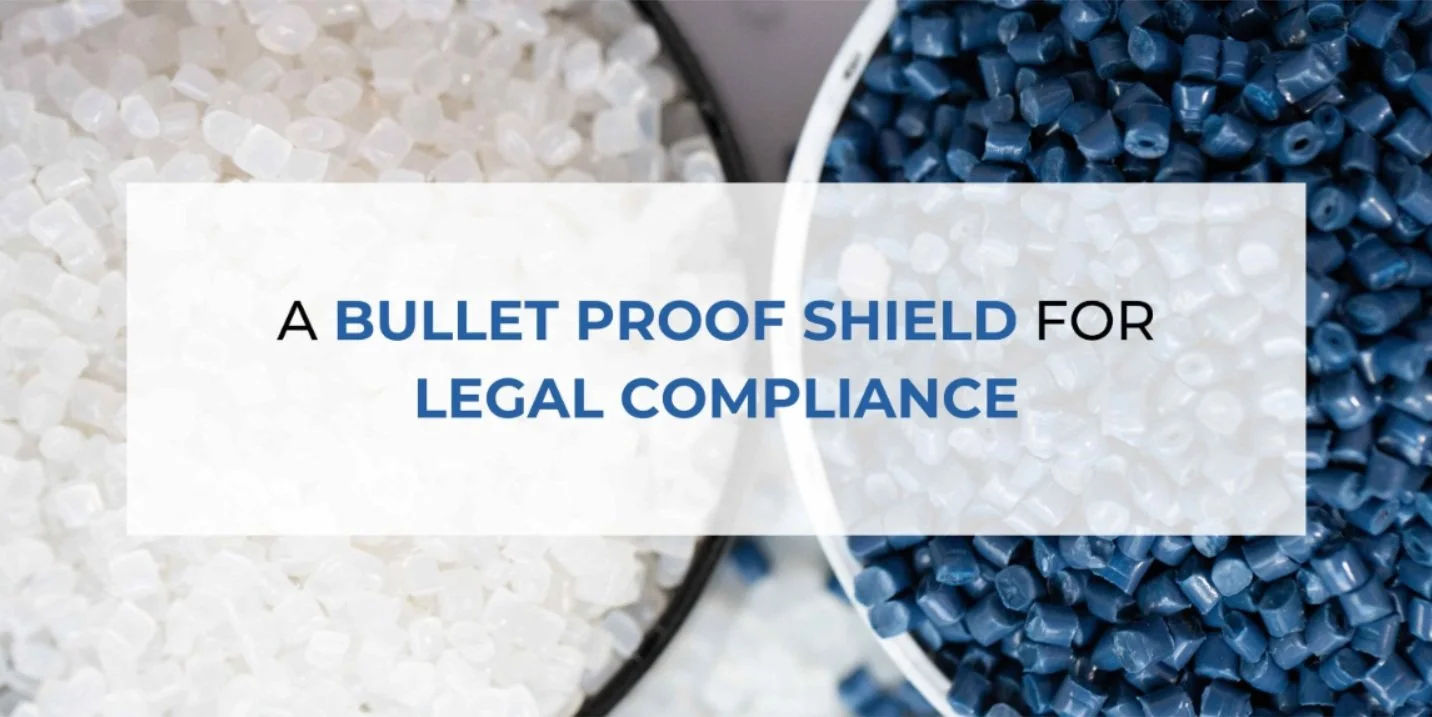The Plastic Waste Management Framework underscores the need for a multifaceted approach to combat plastic waste. Countries must adopt contextually tailored strategies that consider their specific national circumstances, infrastructure capacities, and resources. The framework’s emphasis on integrating waste pickers, enforcing EPR, and utilising tools like DRS provides a roadmap for improving plastic waste management systems globally.
Read MoreIn our desperate search for solutions to the global plastic waste crisis, a dangerous idea has gained traction: burning plastic as a disposal method. This seemingly simple solution masks a multitude of severe consequences that threaten not only our immediate health but the very future of our planet. As we stand at the crossroads of environmental charge and convenience, it's crucial to understand why incinerating plastic is not just ill-advised—it's a potential catastrophe waiting to unfold.
Read MoreThe production of plastic contributes significantly to greenhouse gas emissions. If plastic production and use grow as currently planned, by 2050, plastic-related emissions could reach 56 gigatons of carbon dioxide - 10-13% of the entire remaining carbon budget. Most plastics are derived from fossil fuels, with the petrochemical industry planning to invest $400 billion in additional plastic production capacity over the next five years, further exacerbating climate change.
Read MorePlastic offset schemes offer a promising solution, allowing businesses to compensate for their plastic use by supporting initiatives that remove or prevent plastic waste. While offsetting shouldn't replace efforts to reduce plastic consumption, it can be a valuable part of a comprehensive sustainability strategy. Here are ten innovative approaches companies can consider in offsetting their plastics.
The Circular Economy offers a transformative approach to our plastic problem. Unlike the linear “take-make-dispose” model, a circular economy aims to design out waste and pollution, keep products and materials in use, and regenerate natural systems.
Read MoreIt all starts with you. When you place your plastic items in the recycling bin, you're setting off a chain of events. In India, however, the formal waste collection system often falls short. According to a 2021 report by the Centre for Science and Environment, only 60% of India's plastic waste is collected. The informal sector, including waste pickers, plays a crucial role, collecting up to 60% of plastic waste in some cities.
Read MoreA significant portion of India's plastic recycling workforce operates in the informal sector, comprising individuals from underprivileged backgrounds. Many are migrants from rural areas or belong to socioeconomically disadvantaged groups like Dalits, tribes, and religious minorities, driven by economic necessity to take on this hazardous work. Their precarious financial situation often forces them to prioritise immediate income over personal safety.
Read MoreThe informal waste economy in Maharashtra is dominated by individuals from historically marginalised communities, such as Scheduled Castes (16.6% of the state’s population) and Scheduled Tribes (9.4%). This demographic faces deep-rooted social stigma and discrimination, leading to the intergenerational persistence of waste work. Mainstream society seldom recognizes their integral contribution, fostering feelings of alienation and isolation among an estimated 100,000 informal waste workers in the state.
Read MorePlastic waste is a big part of the household trash problem, making up about 11% of everything we throw away. That’s a whopping 250 million tons of plastic waste from homes each year, with another 110 million tons coming from factories. We clearly need to find better ways to manage this waste. Plastic has been amazing for consumer goods and packaging, but it takes forever to break down and those tiny microplastics are showing up everywhere – not good news for the environment.
Read MoreThe “Namma Mane” Project is a dual-intervention initiative that combines environmental sustainability with social impact. This innovative method employed by us involves recycling MLP into housing panels, which serve as a sustainable replacement for cement. This not only diverts plastic waste from landfills and oceans but also provides affordable and durable housing solutions for those in need.
Read MoreGoing green can’t be a side hustle for fashion anymore. It needs to be at the very core of who they are and what they do. Achieving the goal of reducing environmental impact will require all retailers to think creatively and look for solutions across the value chain, including how products are displayed in stores.
Read MoreThe fourth session of the Intergovernmental Negotiating Committee (INC-4) to develop an international legally binding instrument on plastic pollution, including the marine environment, took place from 23rd to 29th April 2024 at the Shaw Center in Ottawa, Canada. Despite some progress made, the issue with the reduction of plastic production remained unaddressed with various environmental groups expressing their concern about it.
Read MoreWe took them to scrap shops where they met female entrepreneurs. We met Ranjini, a female businesswoman who had used the support from M.A.C to transform her life. When we arrived, she was so grateful that she had brought us coconuts and flowers. She showed the team the shed M.A.C and helped build for her. She was brimming with pride.
Read MoreThe world grapples with a growing plastic pollution crisis. Millions of tons of plastic end up in our oceans every year, harming marine life and ecosystems. To address this pressing issue, the United Nations Environment Programme (UNEP) established the Intergovernmental Negotiating Committee (INC).
Read MoreExplore The Body Shop's transformative partnership with Plastics For Change, pioneering the use of recycled PET from India. Witness their impactful journey from 2016 to 2024, championing fair trade, sustainable packaging, and empowering waste pickers. Join the movement towards a greener future with purpose-driven initiatives and a commitment to positive change.
Read MoreExplore the choice between Virgin and Recycled Plastics. Discover the benefits of Fair Trade rPET, from food-grade applications to ethical sourcing. Future-proof your business with innovation and ethical practices. Join the revolution with Plastics For Change.
Read MoreExplore the economics behind combating plastic pollution. Learn how INC3 negotiations tackle subsidies, boost recycling, and shape a sustainable future. Uncover the proposed elements for the Plastics Treaty.
Read MoreUnlock the potential of EU regulations as a competitive edge for your brand with Plastics for Change. Explore sustainable solutions to elevate your brand's impact and success
Read MoreEach year millions of tonnes of recycled plastic is imported from the global south to the global north. In fact, 58% of all plastic collected comes from the informal sector in emerging economies, while 50% of all the recycled plastic consumed in packaging happens in Europe.
Here are 6 questions to ask when sourcing plastics from plastic traders!
Read More